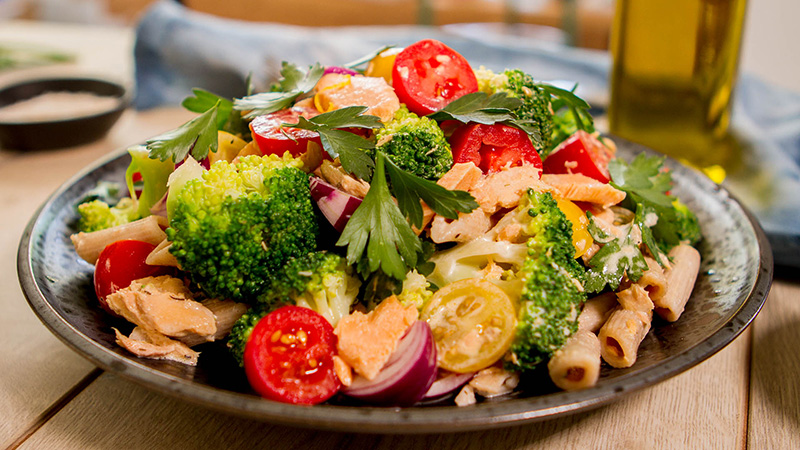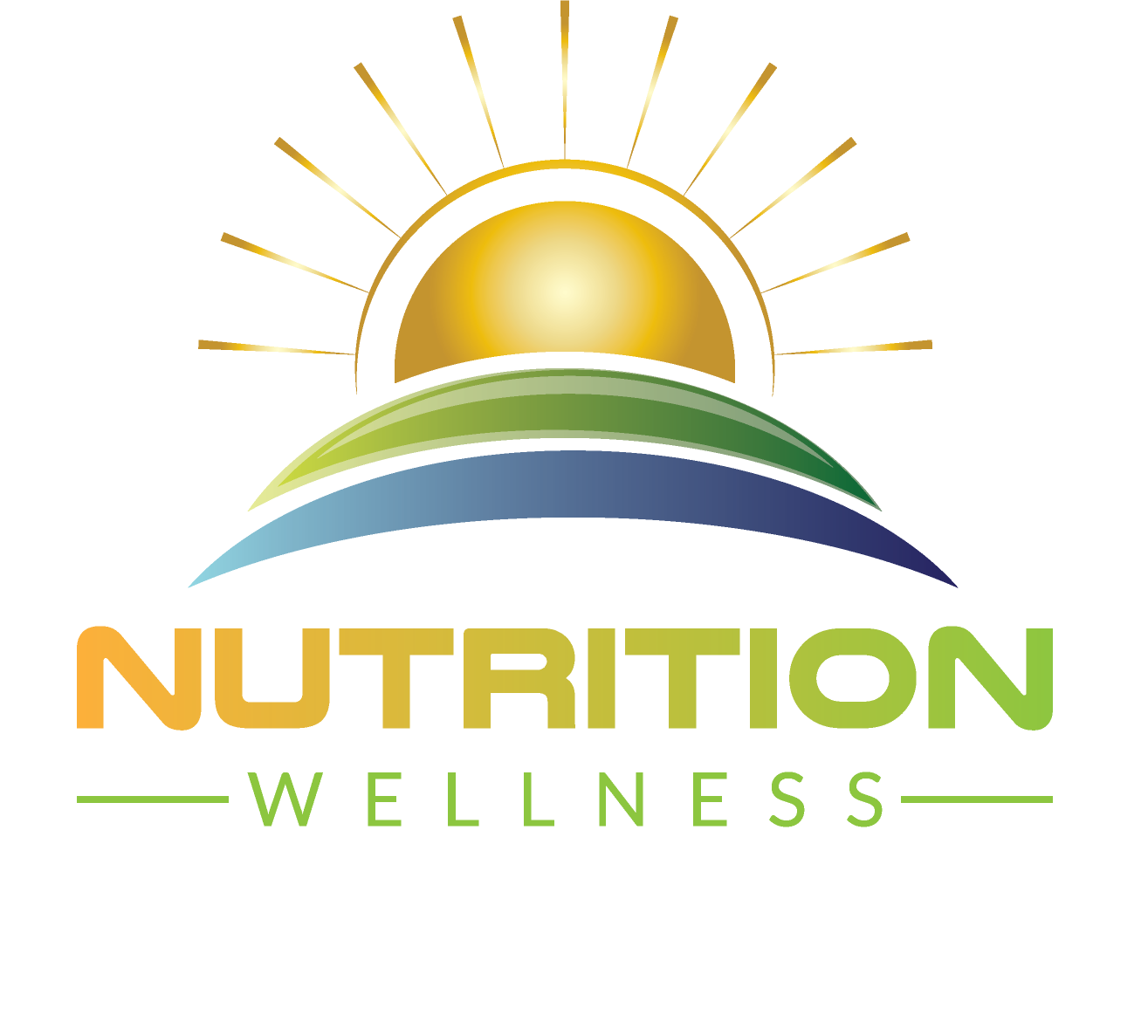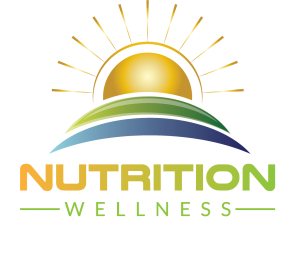Superfoods and Why Are They Important? By Maria Khaled, RD, LD
 The term superfood has been around for a number of years. As a proud affiliate for Super.com, I am very
The term superfood has been around for a number of years. As a proud affiliate for Super.com, I am very
excited to promote Superfood products that are geared towards nourishing and promoting optimal
health for the mind, body, and soul. This is what nutritional wellness is all about. Balancing your mind,
body, and soul is vital to achieving peak health. This is what I strive to do with clients at Nutrition
Wellness. The power lies within everyone and it is just a matter of unleashing it. Once unleashed, you
can become your best self. Please check out these wonderful products on my Nutrition Wellness
website under the Shop section- https://mariakrd.com. These products have huge nutritional benefits
and have been shown to increase energy, health, and optimize overall wellness. There is no single food
that can offer all of the nutrition, health benefits, and energy we need to optimally nourish ourselves.
However, research has shown that healthy dietary patterns can help reduce the risk of heart disease,
diabetes, high blood pressure, and certain cancers.
What we do know is that there are certain foods that can be singled out for their significant nutritional
benefits. These “superfoods” offer some very powerful nutrients and help enhance a healthy eating
pattern. There are 12 “superfoods” that you should be eating. Let’s take a look at them.
- Salmon- One of my favorite fish meals include salmon. It is high in omega-3 fatty acids and
contains yes, the healthy fats. According to Dr. Hauser, a clinical fellow at Harvard Medical
School, says that these healthy fats help lower trigylcerides , slow the formation of plaque in
your arteries, and slightly reduce blood pressure. According to Harvard Medical School and
Harvard Health Publishing, “Omega-3s are a natural blood thinner and there has been evidence
that they help prevent blood clots and lower triglycerides,” she adds. They also have anti-
inflammatory properties, which can help relieve arthritis. The American Heart Association
recommends eating salmon or other fatty fish (herring, lake trout, sardines) at least twice a
week. - Blueberries- The same pigments that give blueberries their bluish-purple color are also powerful
antioxidants- substances that protect the body against harmful molecules that can damage DNA
and contribute to cancer development. Blueberries are good to eat, as well as add to smoothies! - Broccoli- Broccoli is on the list of superfoods and what makes these vegetables such potent
disease fighters are natural compounds such as sulforaphane and isothiocyanates, which are
believed to have cancer-fighting capabilities. Broccoli is a cruciferous vegetable also high in
Vitamin C, fiber, calcium, and folate. To maximize flavor, boil broccoli for two to three minutes,
then dunk it in an ice-water bath, Dr. Hauser suggests. - Eggs- Although eggs have gotten a bad reputation in recent years, since their yolks are packed
with more than 200 milligrams of cholesterol, the egg is actually one of the most nutrient dense
foods, and sometimes referred to as nature’s multivitamin. Egg yolks are loaded with vitamins,
minerals and various powerful nutrients. Egg yolks are therefore one of the most nutritious
foods on the planet. - Greek Yogurt- Greek yogurt is another one of my favorites and contains calcium and vitamin D
to help keep our bones strong, especially after menopause. Yogurt is one of the best ways to get
both of those nutrients. It’s low in fat, and a single 8-ounce serving has 1/3 of the calcium we
need on a daily basis. Greek yogurt is best because it has about twice the protein of regular
yogurt . Just avoid the highly sweetened brands. Greek yogurt can be added to smoothies as
well, along with other fruits. - Bean or Legumes- Beans are one of nature’s perfect foods. These low-fat legumes are an
excellent source of folate, potassium, magnesium, iron, protein, and fiber. One good trick to
know is that if beans tend to give you gastrointestinal distress, soak them before cooking and
then dump out the water. This may help alleviate the sugars that feed bacteria. You can also
take products such as Beano or Bean relief. - Walnuts- Many know that nuts are loaded with fat, however what is important to remember,
it’s the healthy fat! “Nuts used to have a bad rap because they’re high in calories and fat, but it’s
healthy fat,” Dr. Hauser says. Monounsaturated and polyunsaturated fats are essential for good
health. Fat helps our bodies absorb fat-soluble vitamins (A, D, E, K) and prevents us from
overeating. Dr. Hauser goes on to say “Fat is the only nutrient that directly interacts with the
chemical signals (hormones) in our body that tell our brain we’re full.” - Oatmeal- You know that eating a healthy breakfast can help you control your weight by
reducing food cravings throughout the day. Oatmeal makes a great breakfast choice because it’s
high in fiber and helps you feel full. Oatmeal helps lower cholesterol. - Olive oil- Olive oil is high in healthy monounsaturated fats, which may lower your heart disease
risk by reducing cholesterol. - Tea- Green tea is the most known of all the teas for its beneficial properties. Whether it’s black,
white, or green, tea is high in antioxidants. Drinking a few cups a day may help counteract the
processes that lead to cancer, heart disease, and dementia. - Quinoa- Quinoa is an edible seed and when cooked, it has a nutty flavor and crunchy texture.
Quinoa is gluten-free, high in protein and essential amino acids, as well as many vitamins and
minerals. - Dark chocolate- Dark chocolate is thought to be beneficial for cholesterol, blood sugar, and
blood pressure. Dr. Hauser states, For the greatest health benefits, buy dark chocolate
containing 70% or more cocoa. It has the most antioxidants and the least amount of sugar.
Watch your portion size, since chocolate is high in fat and calories, limit how much you eat.
“Around an ounce a day is a happy medium between getting the nutrients and the benefits of
dark chocolate, without getting too many excess calories,” Dr. Hauser says.
https://www.health.harvard.edu/staying…/12-superfoods-you-should-be-eating


